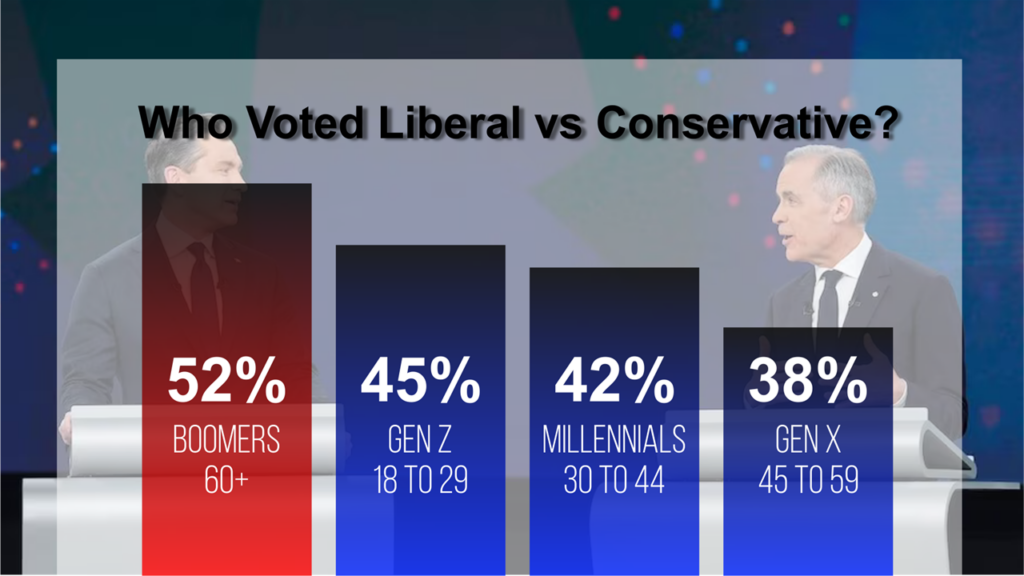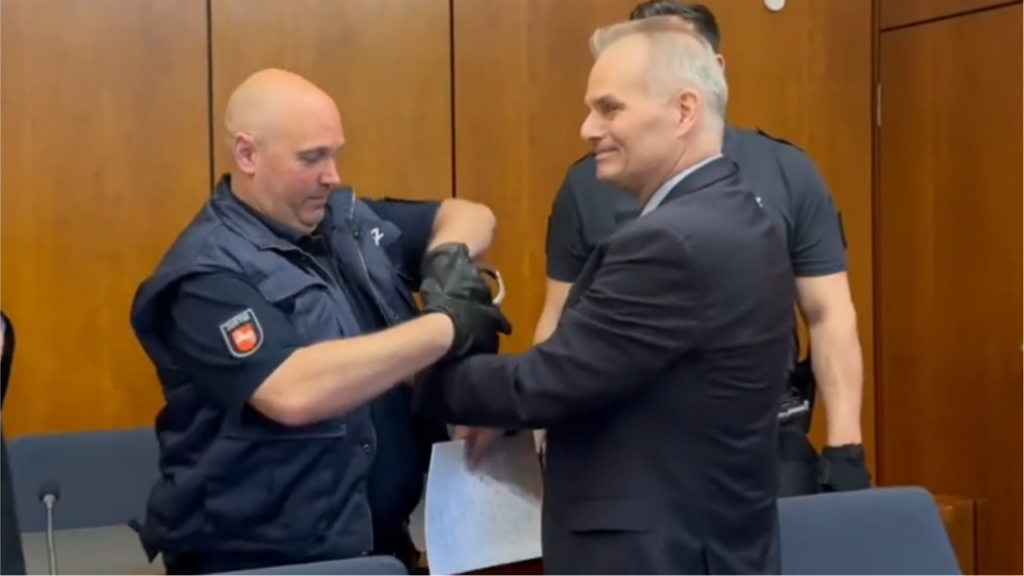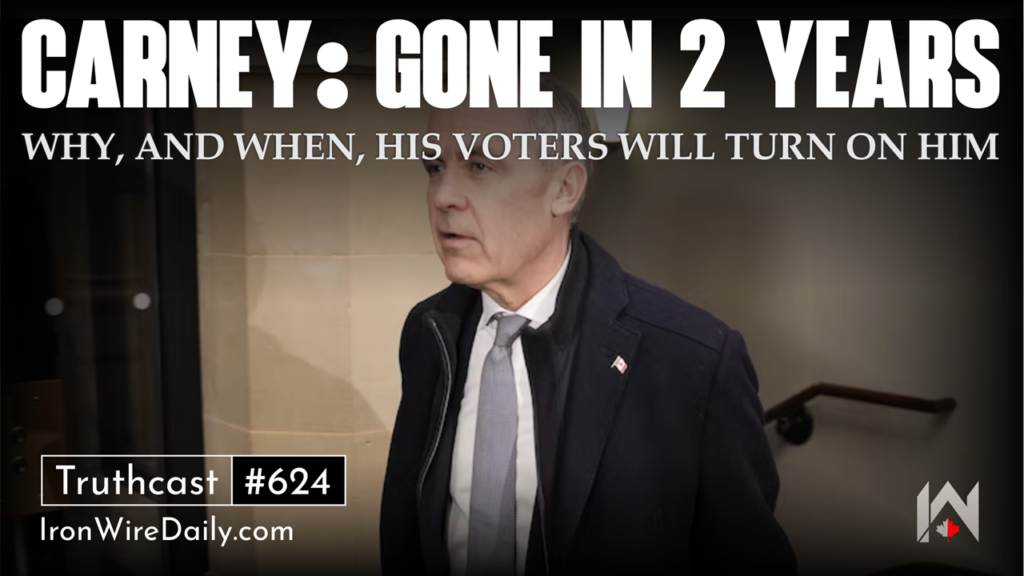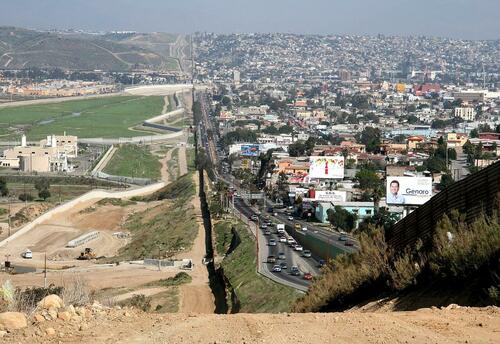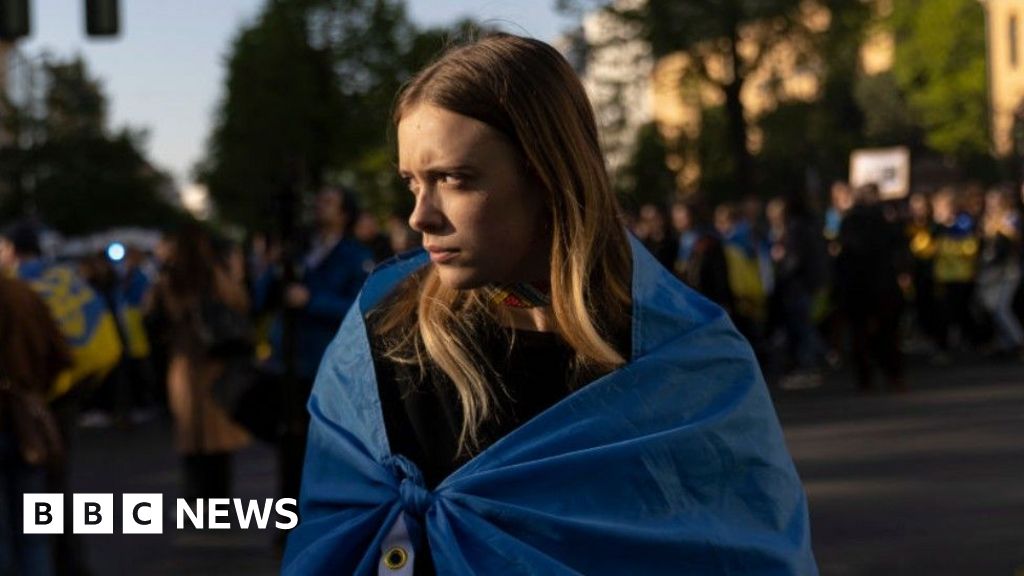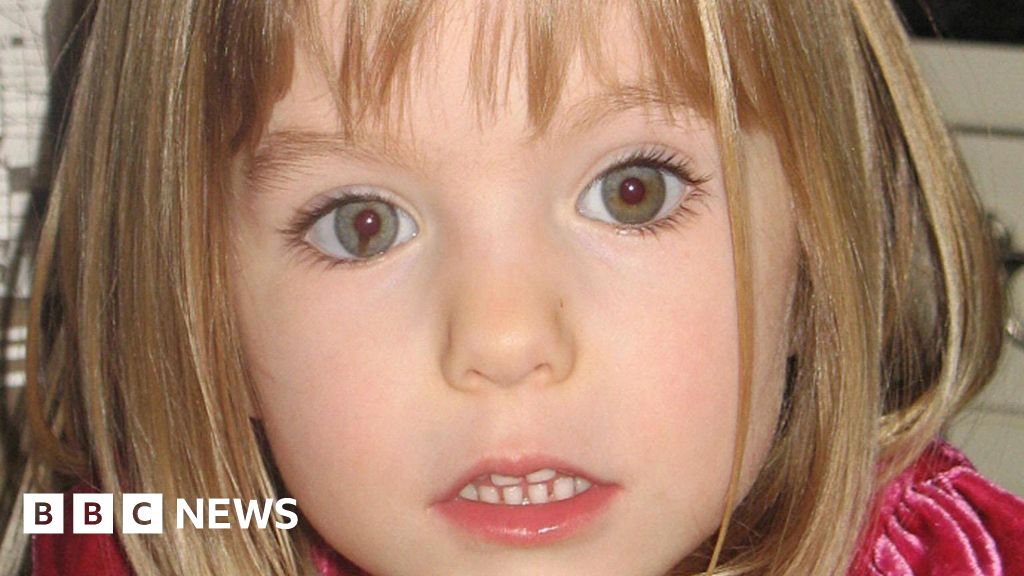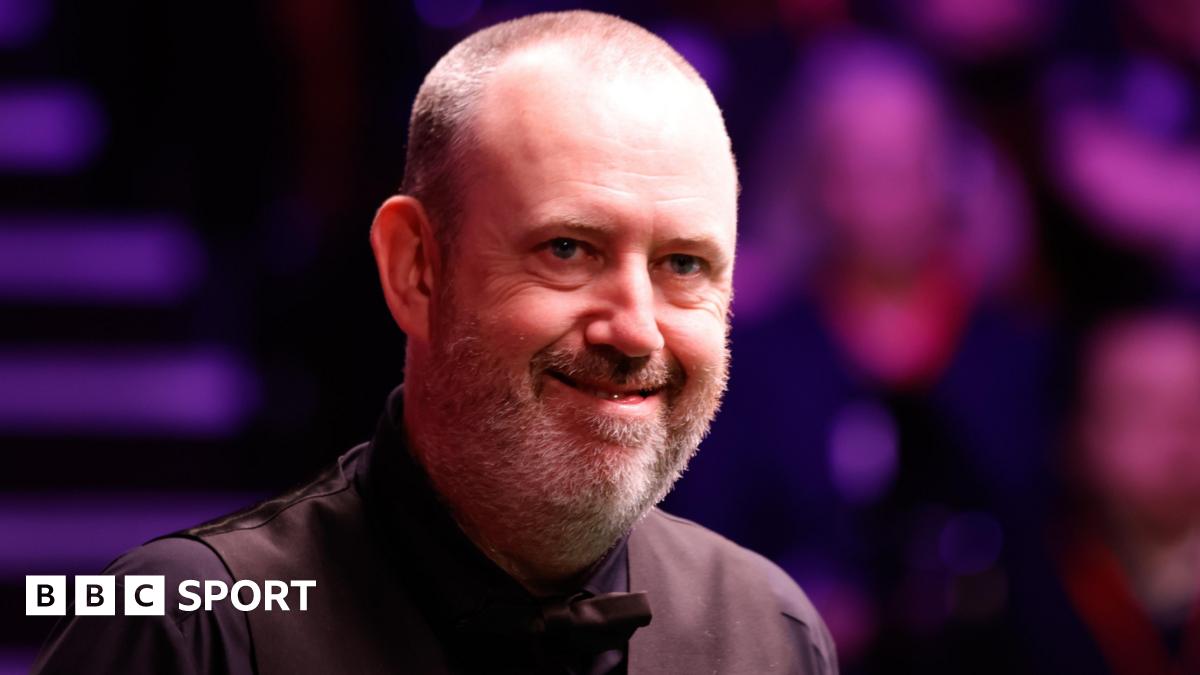How the BBC Pushed Reform’s Triumph Down the Running Order and Set the News Agenda – The Daily Sceptic
Anyone switching on BBC Radio 4’s Six O’Clock News on Friday May 3rd 2025 in the hope of hearing more about the shock local and mayoral election results and Reform’s dramatic success was in for a surprise – unless of course the would-be listener was already familiar with BBC priorities.
As Big Ben’s chimes faded away the bulletin kicked off with “The Duke of Sussex says he would love a reconciliation with the Royal Family”…
Er, what? Some mistake, surely? Had by some mischance the BBC accidentally plugged in to a previous edition? For an extraordinary 40 seconds the headline bragged about the BBC’s exclusive non-story and featured two clips from the wittering petulant prince.
Only then did the headlines switch off to the day’s “other main news” into which Reform’s remarkable impact on the political landscape had been relegated.
Now, to be fair the BBC newsreader did say next “Reform redraws the political map…”, a line that ought to have indicated the story’s importance, and the bulletin did go on to feature extensive coverage of the day’s events. But that news only came after subjecting listeners to an incredible six minutes of the one-time spare heir’s ponderous revelations about his tortured life.
BBC1’s News at Six was almost identical, also running with (and boasting about) Harry as the exclusive top story. Incredibly though, viewers were treated to a bone-numbing 10 minutes (a staggering one-third of the programme) of Harry before the election results were touched.
One might have thought that a political party redrawing the political map would have pushed any other story out of sight. Instead, the BBC decided that an ex-pat Royal’s meandering moans were of far more significance to the nation and thus deserved top billing.
It’s a remarkable example of the national broadcaster’s and its staff’s patent devotion to subtly imposing its own agenda on the country, prioritising its ‘exclusive’ over what was so obviously the real Big Story of the day – so big in fact that it may mark the direction this country takes over the next decade. It was, by even the most elementary and banal measure an extraordinary editorial failure.
You can listen to the Radio 4 bulletin here and the BBC1 version here. You can make a complaint here, should you feel so inclined.
Anyone switching to the BBC News website was treated to much of the same. Here are its top stories for Saturday May 3rd:

Now, it’s also true that above those stories was a banner with clickable election results. And you can see from the screen grab that the election is covered but is still marginalised from the big picture of the retired royal soldier.
One has to wonder – had Labour won the day, would that have been pushed into second place? At least by Saturday morning (May 3rd) the elections had found their proper place as the top story on Today, with the Duke of Sussex suitably shunted down the running order.
At least the BBC’s Chris Mason had this to say on the BBC News website:
But it is wise, too, to acknowledge the sheer scale of this breakthrough by Reform UK.
They went into these elections with the challenge of proving that they could match in votes what the opinion polls had suggested they could.
They comfortably exceeded that high expectation which is why this is a profound moment in our contemporary politics.
Senior Reform figures believe the primary driving motivation behind their surge was that most powerful of human emotions: betrayal.
The Guardian followed the BBC’s cue, finding four Harry stories to lead with on Saturday May 3rd:

Reform’s wins were covered below but only by dismissing Nigel Farage’s suggestion that this is the “beginning of the end” for the Tories as no more than a claim, while the party was labelled “hard right” – the latter of course being a clear attempt to position Reform as a borderline fascist organisation in the eyes of its readers who no doubt spent the morning hungrily devouring the Prince Harry copy first.
The Mail was no better, running with the “sad and sorry saga” of Harry’s BBC interview as its top story. So did the Sun with ‘Harry’s Lost It‘.
Even the Times decided Saturday morning readers would be more interested in the Sussex saga:

This must have delighted the BBC newsrooms since their remit is invariably to set the news agenda for the day.
Conversely, the Telegraph grasped the moment with its top story about the six votes that shook politics (Prince Harry was pushed down the page to where he belonged):
Nigel Farage has declared the end of two-party politics after Reform secured the greatest ever local election result for an outsider party.
Reform UK has had the “Labour Party for lunch” and “wiped out” the Conservatives in parts of England, he said, after delivering a heavy defeat to the mainstream parties.
The party has taken control of 10 local councils, winning hundreds of seats across localities from Durham to Kent and toppling a 14,000-strong Labour majority in a parliamentary by-election.
Mr Farage vowed to use his party’s newfound foothold in local government to close hotels housing asylum-seekers and cut public spending in a similar approach to Elon Musk, the tech billionaire, and his DOGE department in the US.
Sir Keir Starmer told voters “we get it” as he vowed to move faster with Government delivery, while Kemi Badenoch, the Conservative leader, issued a public apology.
Sir Keir Starmer is widely quoted as saying yesterday “I get it”. But does the BBC and some of its slavish cohorts among the print media? It seems not.
